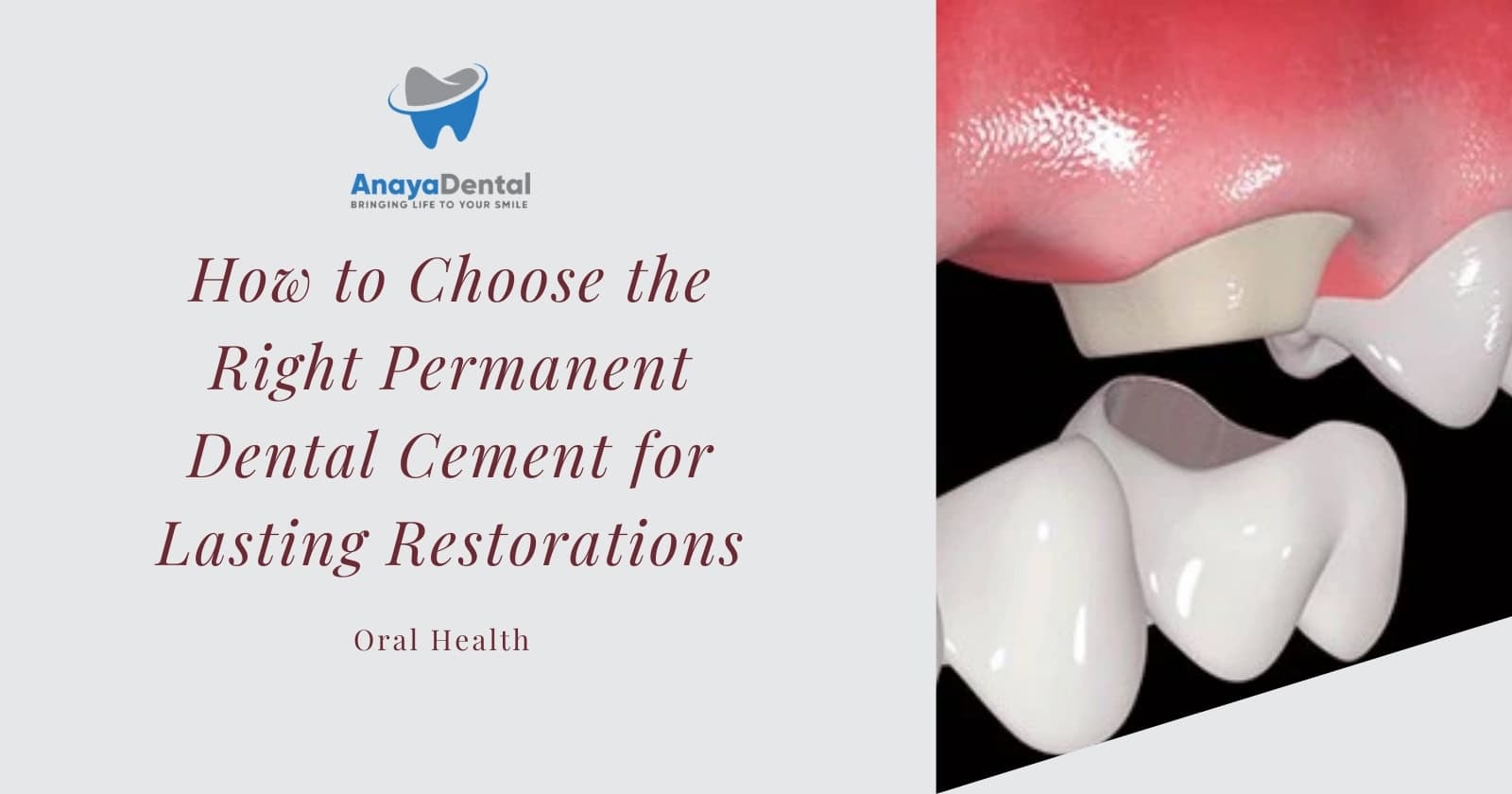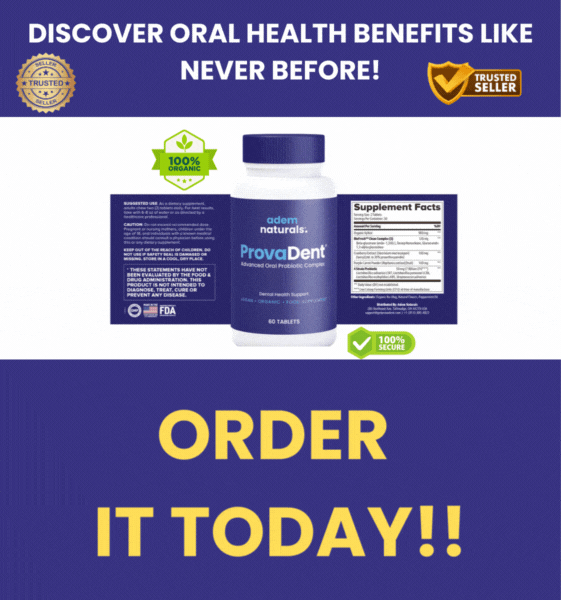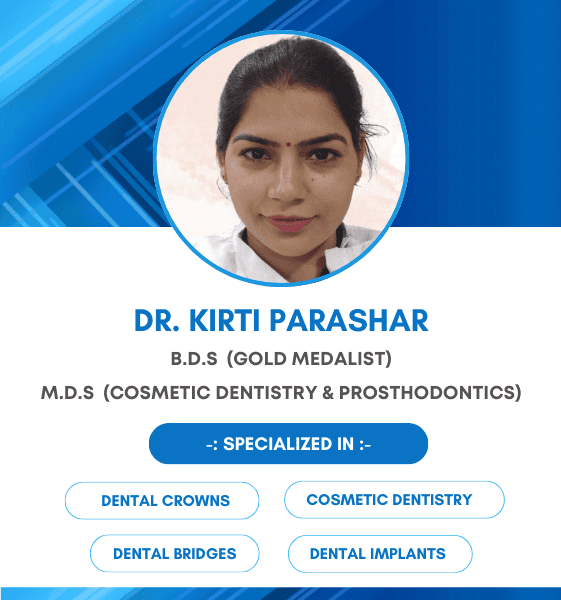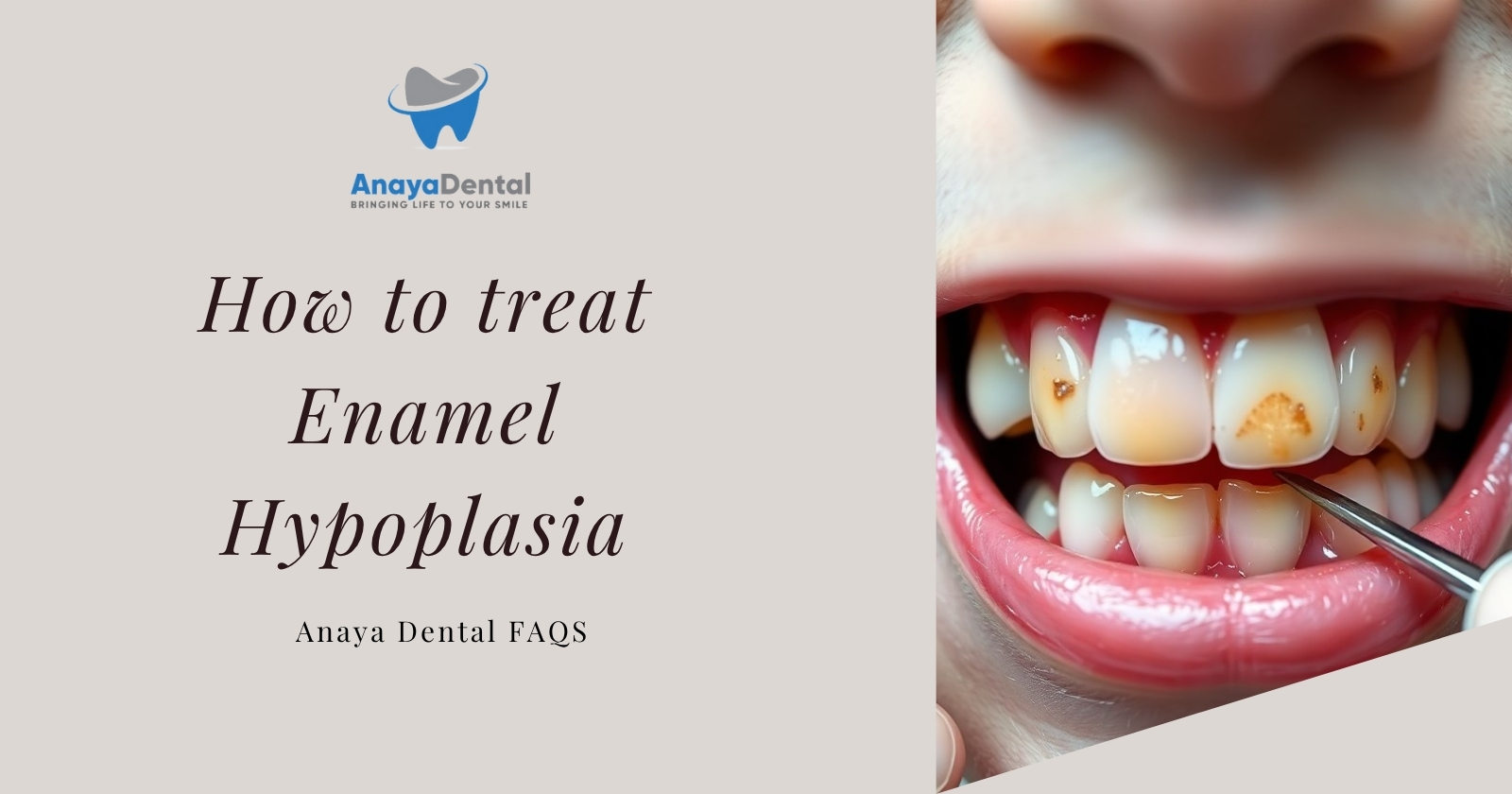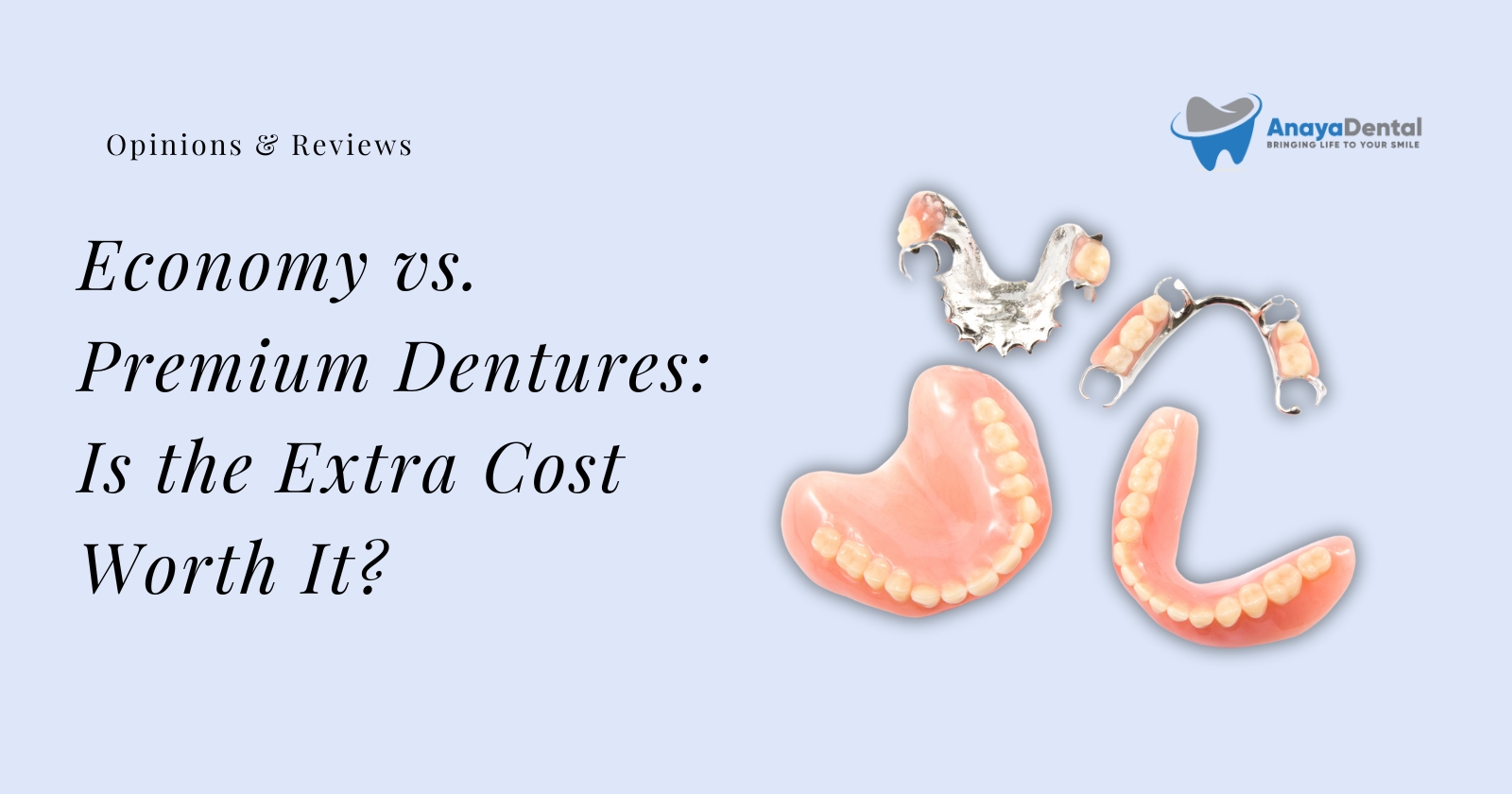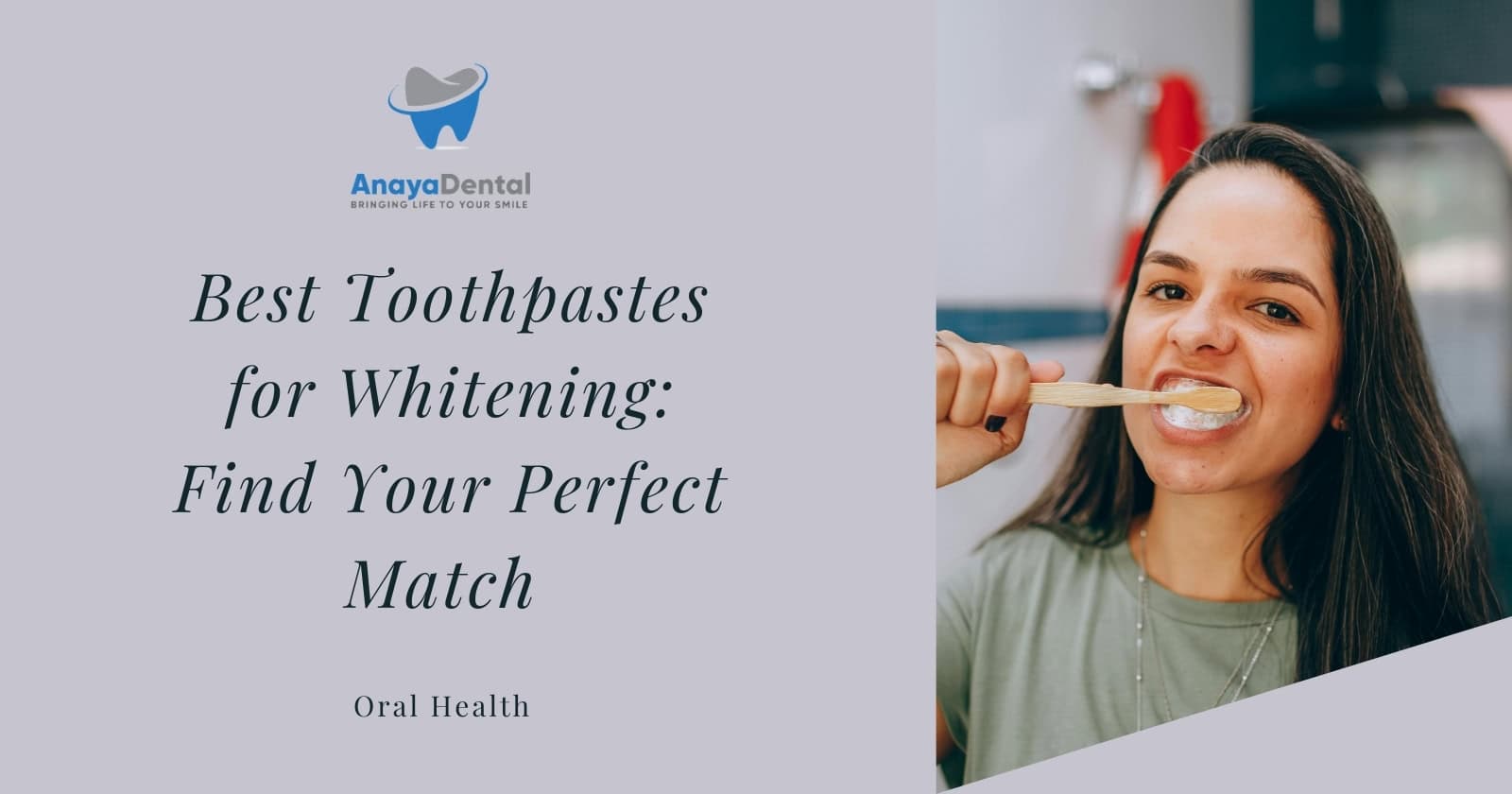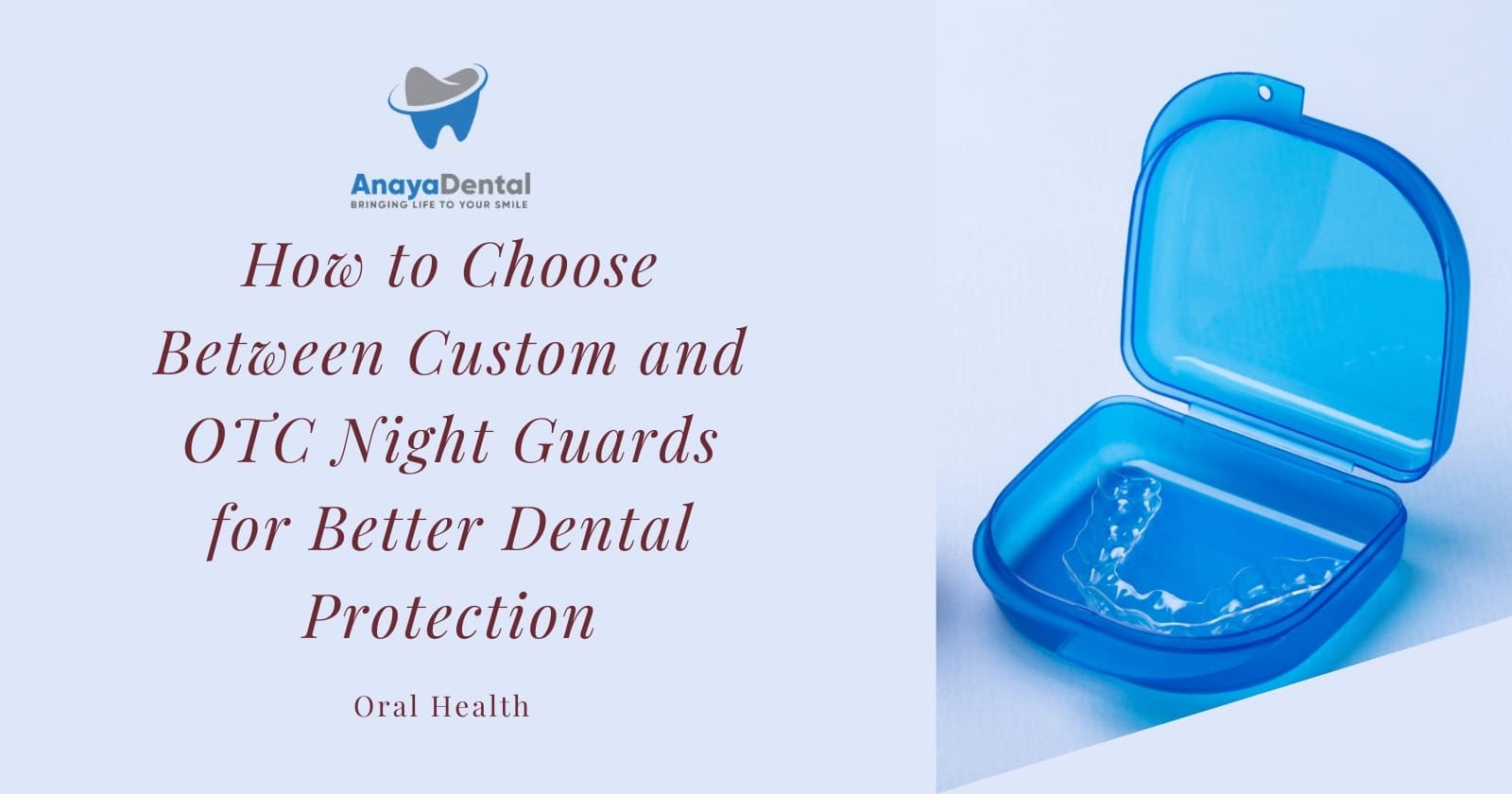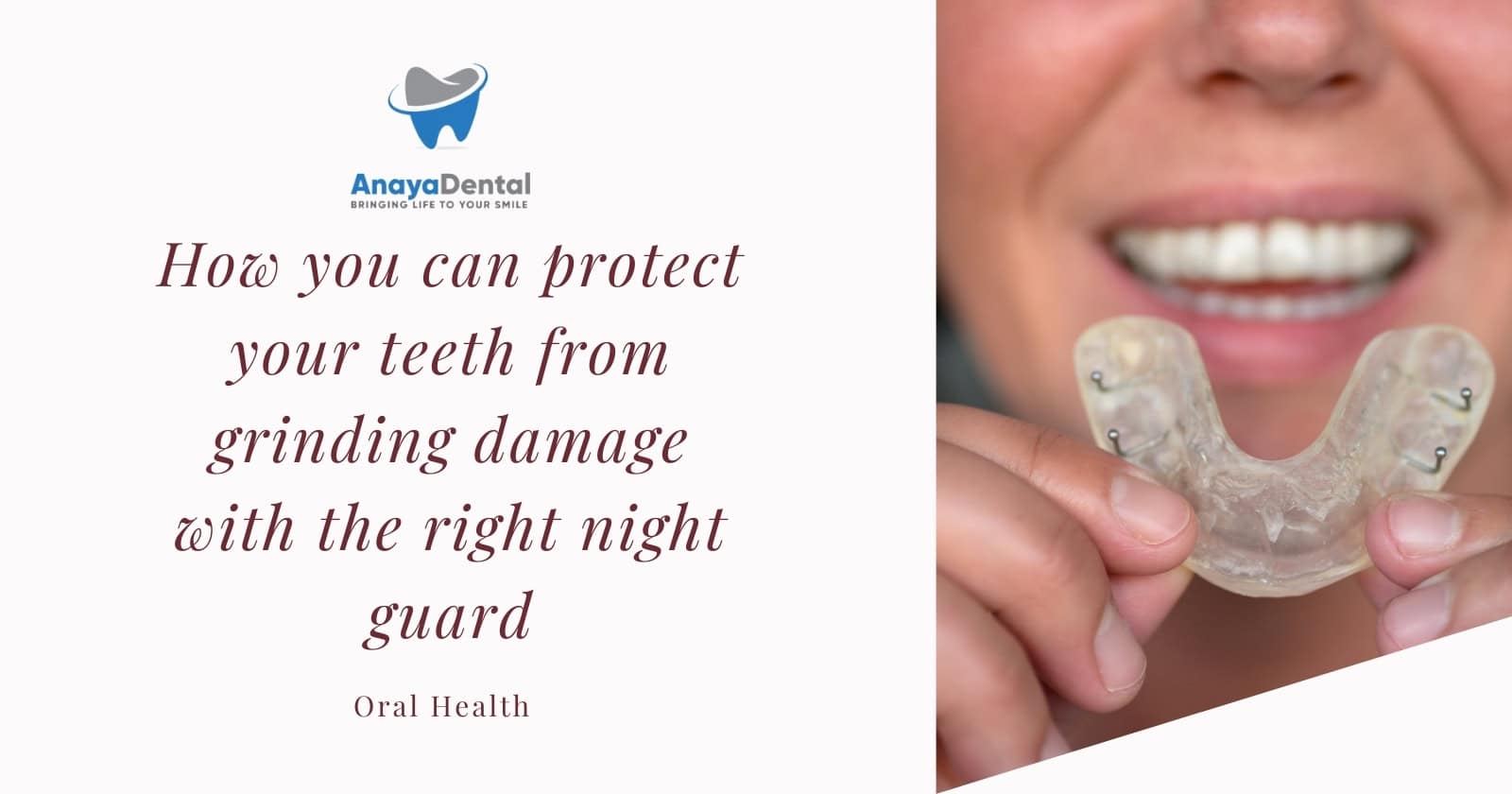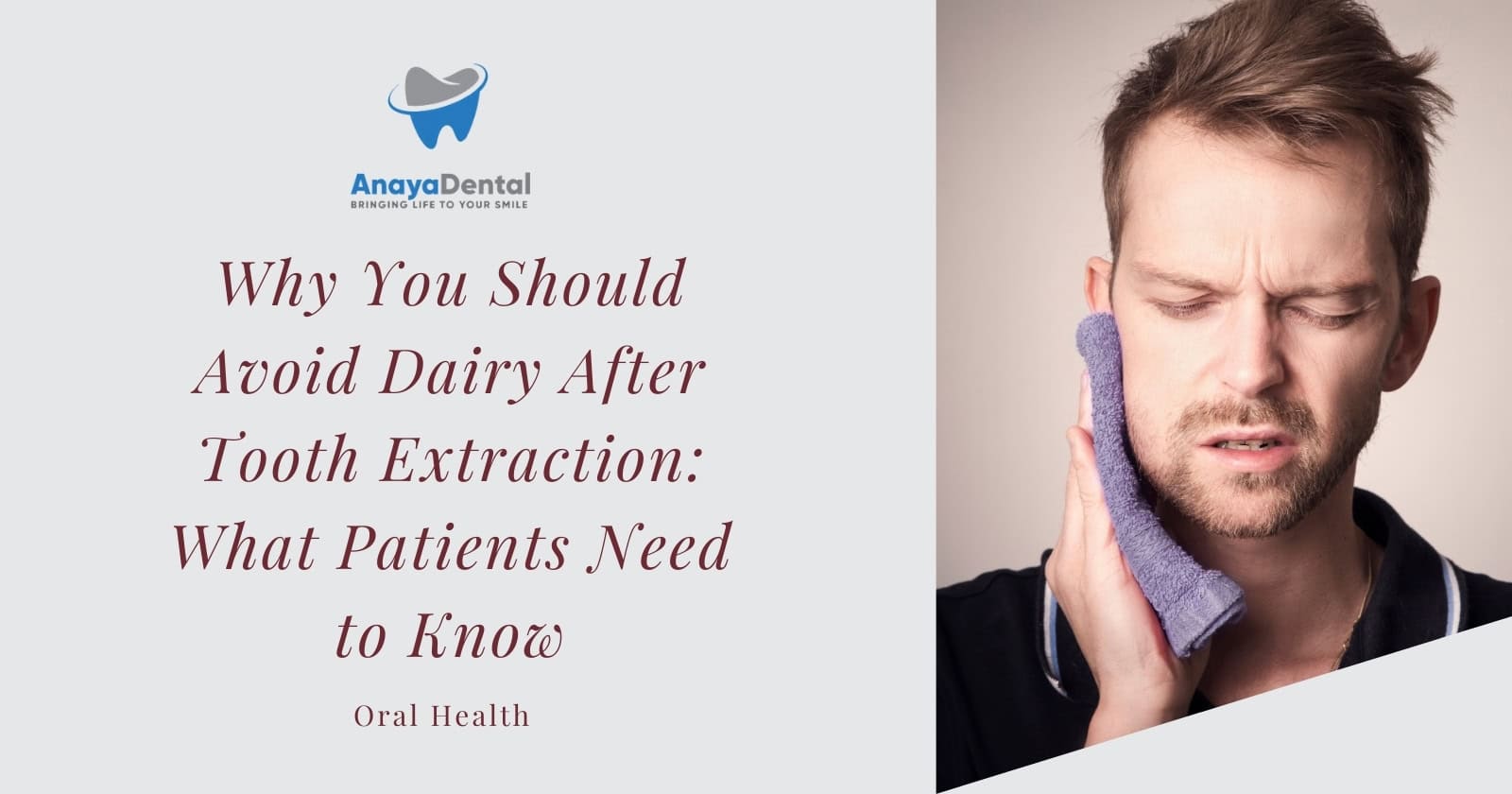When your dentist repairs your teeth with crowns, bridges, or other fixed restorations, the material holding these repairs in place matters tremendously. Permanent dental cements serve as the critical bonding layer between your natural tooth structure and dental restorations, significantly impacting durability, comfort, and overall treatment success. Understanding your cement options can help you make informed decisions about your dental care.
What Makes Dental Cement Essential for Your Restorations
Permanent dental cements perform several vital functions in your mouth. They securely attach restorations to your natural teeth, seal margins against bacteria that could cause decay, provide thermal insulation to protect sensitive pulp tissue, and in some cases, release fluoride to help prevent new cavities.
The quality of cement used directly affects how long your dental work lasts. According to recent industry analysis, permanent cements continue to dominate the dental cement market with projected growth at 5.1% CAGR through 2025, highlighting their critical importance in modern dentistry.
Try Our Dental Calculators
Understanding Your Permanent Cement Options
Selecting the appropriate cement depends on multiple factors including restoration material, preparation design, and your specific oral health needs. Here’s what you should know about the main types available:
Zinc-Based Cements: Time-Tested Reliability
Zinc Phosphate cement holds a distinguished position as the oldest and most thoroughly studied dental cement. Despite newer alternatives, many dentists still consider it the “gold standard” for certain applications due to its:
- Moderate compressive strength (62-101 MPa)
- High modulus of elasticity
- Proven long-term clinical success
- Simple mixing and application technique
Your dentist might recommend zinc phosphate for metal or metal-supported restorations with good mechanical retention, particularly when your tooth preparation provides sufficient retention through its shape alone.
Zinc Polycarboxylate offers excellent biocompatibility with your dental pulp, making it suitable if you have minimal remaining dentin thickness. It bonds chemically to your tooth structure, which zinc phosphate cannot do. However, its tendency to deform under pressure limits its use to single crowns or short bridges.
According to a 2025 dental materials review, Zinc Oxide Eugenol cement kits ranked highly for permanent cementation, highlighting their continued relevance despite being an older formulation. These cements are known for their gentle properties on pulp tissue and strong bonding capabilities.
Glass Ionomer Cements: Protection Plus Adhesion
If you’re prone to cavities, glass ionomer cements (GICs) might benefit you through their continuous fluoride release. These cements form chemical bonds with your tooth structure and provide:
- Long-term fluoride release and recharging ability that helps prevent decay, according to research in the International Journal of Current Microbiology and Applied Sciences
- Chemical adhesion to tooth structure
- Thermal expansion similar to natural teeth
- Relatively simple application process
For example, Prevest Denpro Crysta luting glass ionomer cement offers different shade options to achieve natural aesthetics while maintaining strong adhesion to your tooth structure.
The main drawback? Conventional GICs can be sensitive to moisture during their initial setting, which might affect their performance if your dentist cannot maintain perfect isolation.
Resin-Modified Glass Ionomers: The Hybrid Advantage
These cements combine the benefits of glass ionomers with improved physical properties by incorporating resin components. For you, this means:
- Better adhesion to your tooth structure
- Higher strength compared to conventional GICs
- Reduced solubility for better long-term margin integrity
- Continued fluoride release benefits
Products like RelyX Luting are popular choices for many applications, including pediatric stainless steel crowns, because they balance adequate retention with the possibility of future removal if needed.
Resin Cements: Maximum Strength and Aesthetics
For situations demanding maximum bond strength or superior aesthetics, resin cements offer compelling advantages:
- Superior bonding to both tooth structure and most restorative materials
- Excellent color stability for front teeth restorations
- Minimal solubility in oral fluids
- High compressive and tensile strength
Brands such as Panavia V5, Multilink Automix, and Nexus (NX3) are recognized for their exceptional bond strengths and straightforward application protocols. If your dental restoration has questionable retention, these stronger cements may provide better security than simpler options.
Self-adhesive resin cements like RelyX Unicem simplify the cementation process while still providing reliable bonding. As one dental professional noted, they’re “really simple and work well” for preparations with decent retentive form.
Matching Your Cement to Your Restoration Type
Different dental restorations require specific cement properties for optimal results. Here’s how your dentist might select cement based on your restoration type:
For Your Crown or Bridge
The material of your crown or bridge significantly influences cement selection:
Metal or Porcelain-Fused-to-Metal (PFM):
- Zinc phosphate remains reliable due to proven long-term success
- Glass ionomers provide additional benefit of fluoride release
- Resin-modified glass ionomers offer improved properties over conventional GICs
All-Ceramic Restorations:
- Lithium disilicate (e.g., e.max) crowns generally require resin cements for optimal strength
- Products like Variolink Esthetic provide exceptional color stability and reliable adhesion
- Clinical consensus indicates that lithium disilicate materials generally require bonding more than other crown types due to their specific material properties
Zirconia Restorations:
- Require specialized preparation protocols
- Best results often come from air abrasion and primers containing MDP
- Clinical protocols often recommend specific preparation techniques, including etching, applying primer and bonding agent to tooth structure, and treating zirconia with air abrasion (40-50 μm particle size at 2 bars pressure) followed by an MDP-containing primer
For Your Implant-Supported Restoration
If you’re receiving an implant-supported crown, cement selection involves additional considerations:
- Excess cement removal is crucial as clinical evidence shows that excess cement around implants can lead to bone loss and potential implant failure
- Many practitioners prefer screw-retained restorations when possible to avoid cement-related complications
- When cement-retained options are selected, cement must be carefully managed
For Your Child’s Stainless Steel Crown
If your child needs stainless steel crowns, glass ionomer cements are frequently recommended:
- Products like RelyX Luting (RMGI cement) balance retention with potential future removal
- Easier cleanup compared to resin cements
- For pediatric applications, RelyX Luting (RMGI cement) is often preferred as it offers easier cleanup and allows for potential future restoration removal
Important Properties That Affect Your Restoration Success
Beyond basic classification, several key properties influence how well cement will perform in your mouth:
Retention and Bond Strength
The primary function of permanent dental cements is providing reliable retention for your restorations. Different cements offer varying levels of bond strength:
- Zinc Phosphate relies on mechanical retention rather than chemical bonding
- Resin-based cements typically demonstrate the highest bond strengths
- Film thickness affects fit; according to scientific research, “Ketac Cem” has been reported to have the lowest film thickness value – (21.8±0.8) μm
Biocompatibility and Comfort
Your comfort matters! Cement biocompatibility directly impacts post-cementation sensitivity:
- Despite its low initial pH, properly applied Zinc Phosphate cement typically doesn’t irritate dental pulp
- Zinc Polycarboxylate offers excellent biocompatibility, reducing sensitivity risk
- Glass ionomer cements provide additional protection through fluoride release
Aesthetic Considerations
For front teeth restorations, aesthetic outcomes depend partly on cement selection:
- Resin cements and certain RMGICs offer superior aesthetic results
- Products offering shade options help achieve natural-looking results
- Color stability over time varies between cement types
Handling and Convenience
Practical aspects of cement application affect both you and your dentist:
- Some cements, though effective, present practical challenges in clinical settings, with certain products being known for difficulties in handling and cleanup
- Setting time varies considerably between products
- Ease of excess cement removal differs significantly between types
Innovations and Future Trends in Dental Cements
The dental cement market continues evolving with new formulations addressing specific clinical challenges:
- Calcium-enriched mixture (CEM) cement represents an innovative approach for specialized applications
- Recent developments focus on enhancing antimicrobial properties of dental cements
- A 2023 study published in the National Center for Biotechnology Information found that MTA was the most effective pulp capping agent, exhibiting an 87.13% reduction in microbial growth, followed closely by ZnOE at 84.6%
Despite innovations, traditional formulations remain relevant. A March 2025 video highlighted top dental crown cements including Mastermedi Zinc Oxide Cement Kit, G&S G-S Hypo Cement, KI Zinc Oxide Cement Kit, and Zinc Oxide Eugenol Cement Kit, indicating the continued value of established options alongside newer alternatives.
Questions to Ask Your Dentist About Cement Selection
To ensure optimal outcomes for your dental work, consider asking your dentist:
- Which cement type do you recommend for my specific restoration?
- Does this cement release fluoride to help prevent future decay?
- What’s the expected longevity of this cement with my restoration type?
- Are there any special care instructions I should follow after cementation?
- Do you anticipate any sensitivity with this cement choice?
Quick Review: Choosing Your Permanent Dental Cement
Permanent dental cements play a crucial role in the success of your dental restorations. Here are the key takeaways:
- Zinc-based cements offer proven reliability and remain the standard against which newer cements are compared
- Glass ionomer cements provide fluoride release to help prevent decay
- Resin-modified glass ionomers balance fluoride benefits with improved physical properties
- Resin cements deliver maximum bond strength and aesthetic results for demanding applications
Clinical evidence suggests that preparation design often matters as much as cement type, with bonding being more critical for less retentive preparations. The ideal cement for your situation balances your specific requirements with the material properties of your restoration and your individual oral health needs.
Your dentist selects cement based on multiple factors including your restoration material, location in your mouth, preparation design, and specific oral health considerations. Understanding these options helps you participate more fully in decisions about your dental care.
Primary Source: Comprehensive Analysis of Permanent Dental Cements, PubMed Central
